Digital CAD/CAM Dentistry
CAD/CAM (computer-aided-design and computer-aided-manufacturing) is used to improve the design and manufacturing of custom crowns in just one visit, eliminating the need for multiple appointments and temporary restorations. This technology produces highly precise restorations that are both durable and natural-looking.
CAD/CAM is used for:
- Crowns
- Inlays and Onlays
- Fixed bridges
- Veneers
- Dental implants
- Dentures
- Other orthodontic appliances
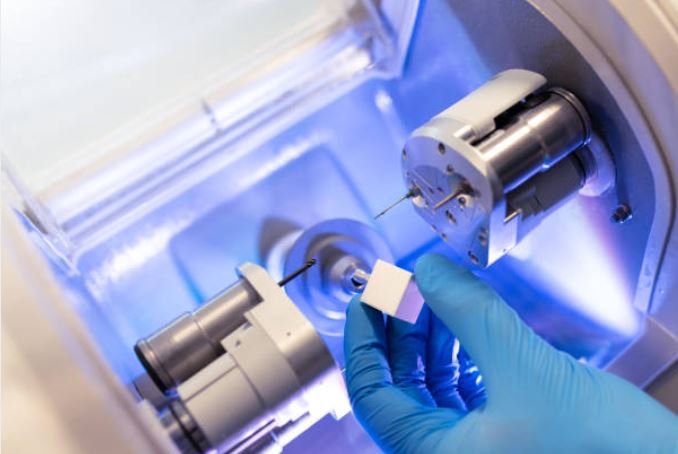
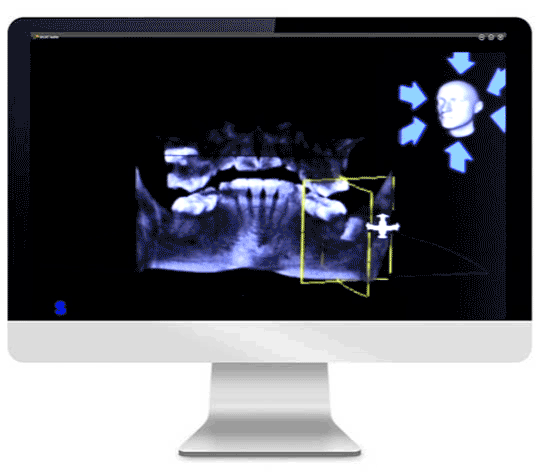
In-House 3D CT Scan
This latest in CT technology provides patients with high-quality images at a lower dose of radiation than ever before. 3D Cone Beam Imaging is a fast and painless method where a quick scan generates detailed, 3-dimension color images of the face, neck and teeth provide a more accurate diagnosis and plan for treatment.
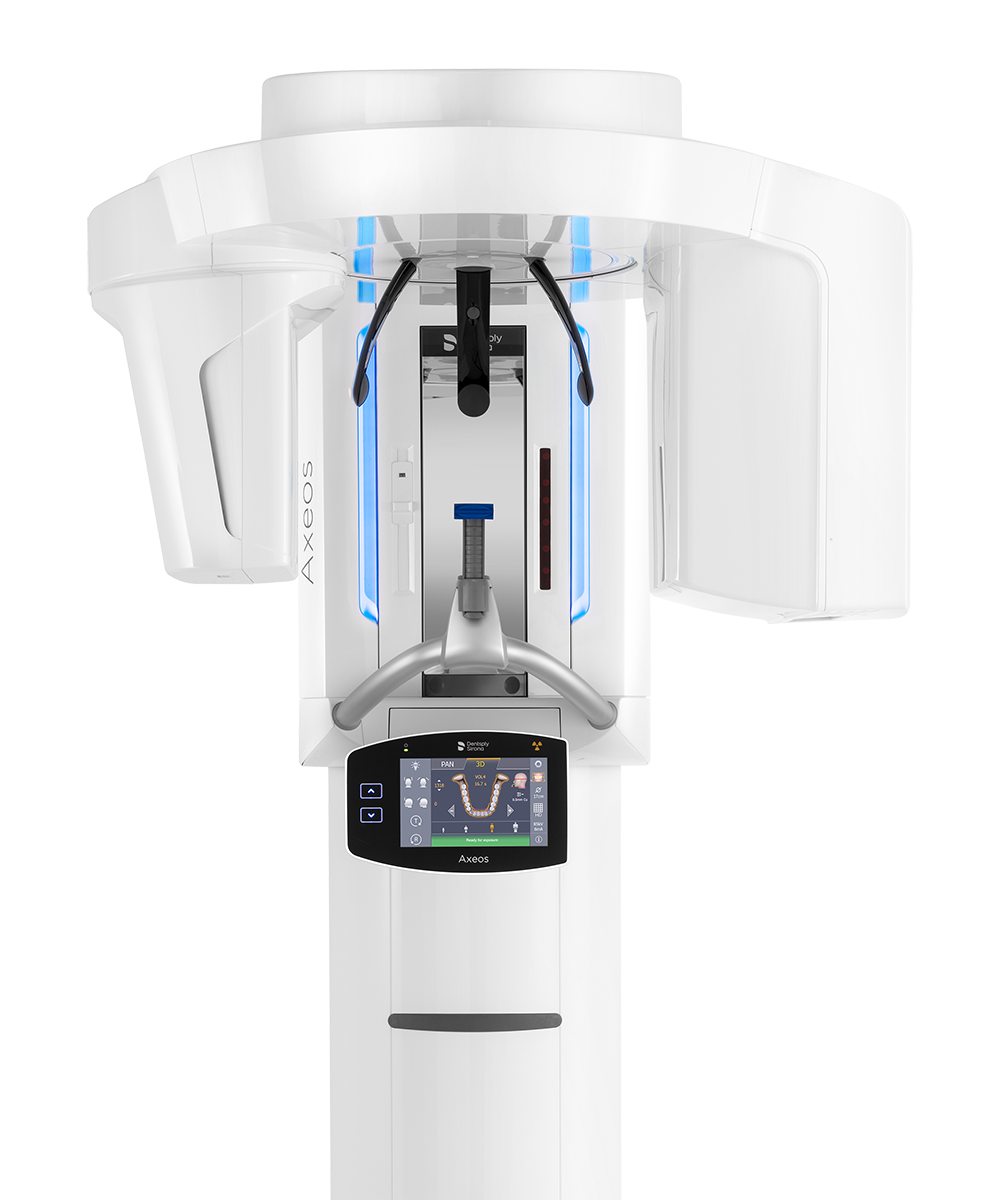
Air & Mercury Filtration
To provide our patients and staff with th he safest and highest quality air, we use IQ Air Health Pur Plus Air filtration in all of our treatment rooms. This system provides protection against aerosolized viruses, bacteria and disinfects. Another filter removes mercury vapor that is generated when removing “silver” filings.

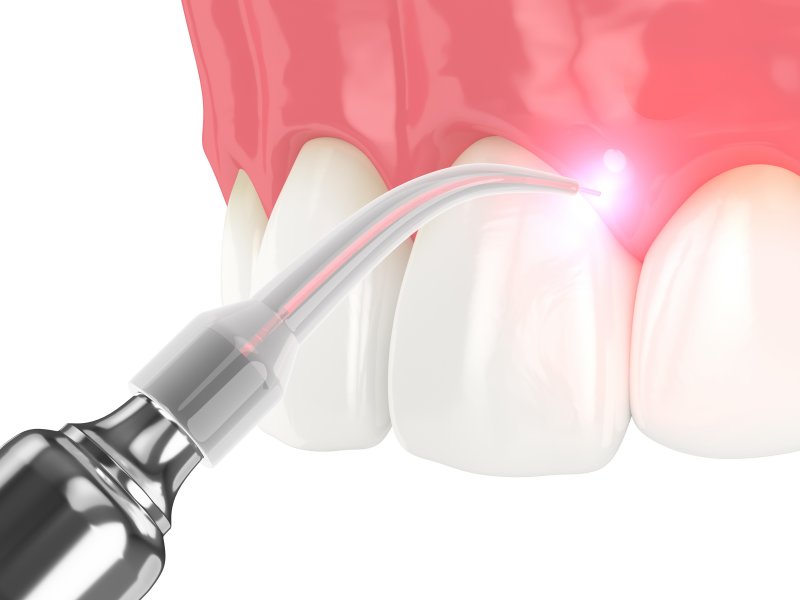
Dental Lasers
Lasers are concentrated beams of light energy. The heat created by lasers is what dentists use to cut, reshape and clean soft or hard tissues in the mouth. Altering the wavelength of a laser changes the amount of heat it generates. Using a laser typically reduces the need for a local anesthetic and the patient is less likely to deal with anxiety, pain and discomfort afterward. Procedures performed with lasers also lower the risk of infection, reduce bleeding and pain, and speed the healing period.
Digital X-ray Sensors
Instead of using photographic film, digital X-ray technology employs digital sensors to capture images. When these sensors are exposed to X-rays, they instantly convert this energy into a digital format. This immediacy means there’s no waiting for the film to develop, speeding up the review process.
Digital X-rays offer not only rapid results but also clearer, high-resolution images. These images can be easily magnified, adjusted, or shared on a computer. Moreover, their reduced radiation exposure positions them as a safer alternative in many diagnostic scenarios.
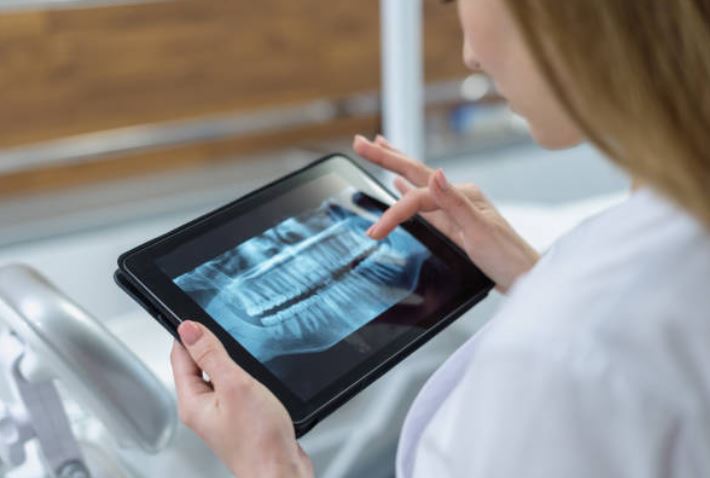
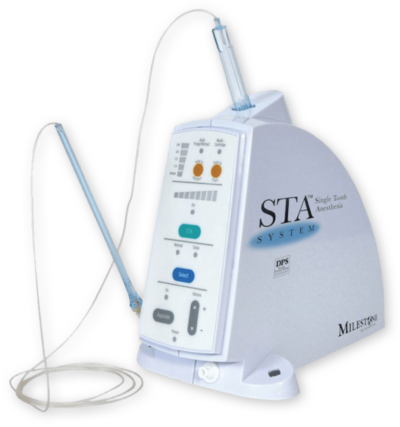
STA Single Tooth Anesthesia System
Computer assisted system for local anesthesia to lesson discomfort and eliminate collateral numbness


